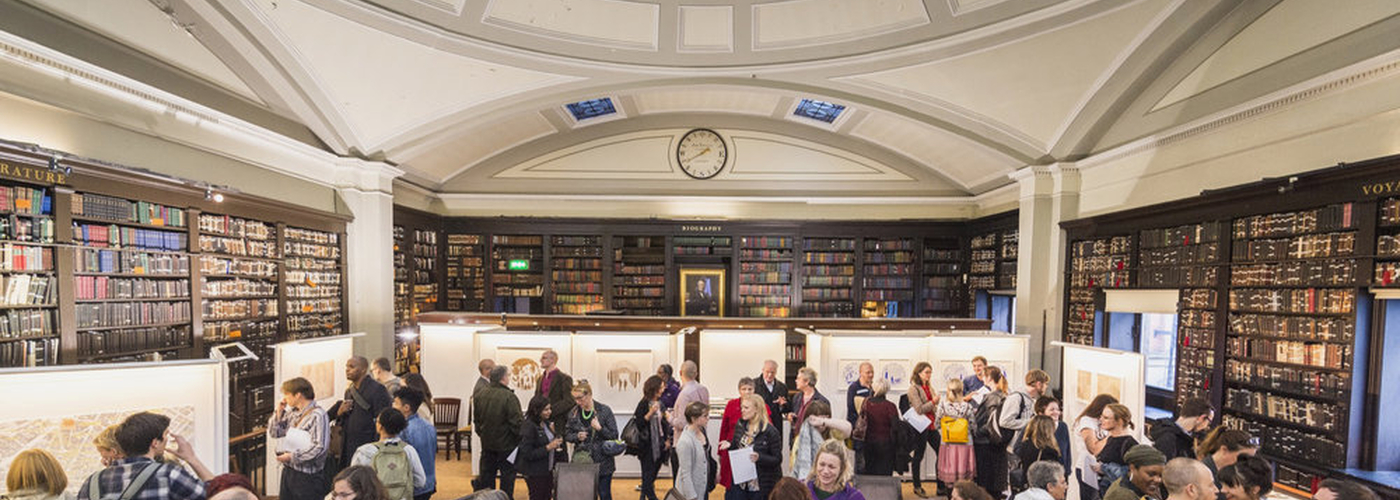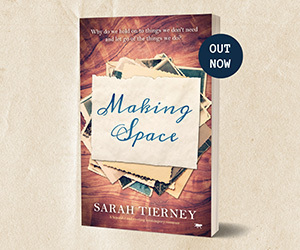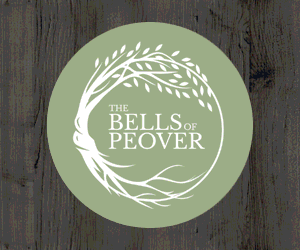Danny Moran reports on the lit scene's rude health ahead of this year's MLF (6-21 Oct)
Literature is booming in Manchester. Everyone’s a writer now. It used to be said that every Mancunian knows somebody in a band; now most Mancs have a mate with a laptop and a thesaurus beavering away on a half-finished roman a clef.
All of which must be good news for the Manchester Literature Festival (MLF), presumably, which returns on Saturday 6 October for its annual two weeks books disco. When last year the festival and its friends at the council and the writing schools teamed up to bid for our ‘UNESCO City of Literature’ status (now won) it was found there are upwards of sixty live events for the lit-lover to choose from in any single Mancunian month. Open mic nights, poetry slams, promo tours, talks…clearly the café bar + writing schools generation has given rise to an explosion in PA-assisted wordery.
MLF programming tends to follow a formula which seems at once slipper-shod and at the same time commendably groundbreaking
Young middle-class men now picture themselves as novelists and poets as opposed to maraca-monkeys in beatific guitar bands; and women are in on the act in increasing numbers - despite question marks over diversity as the culture comes to reflect the NQ4 demographic paying host.
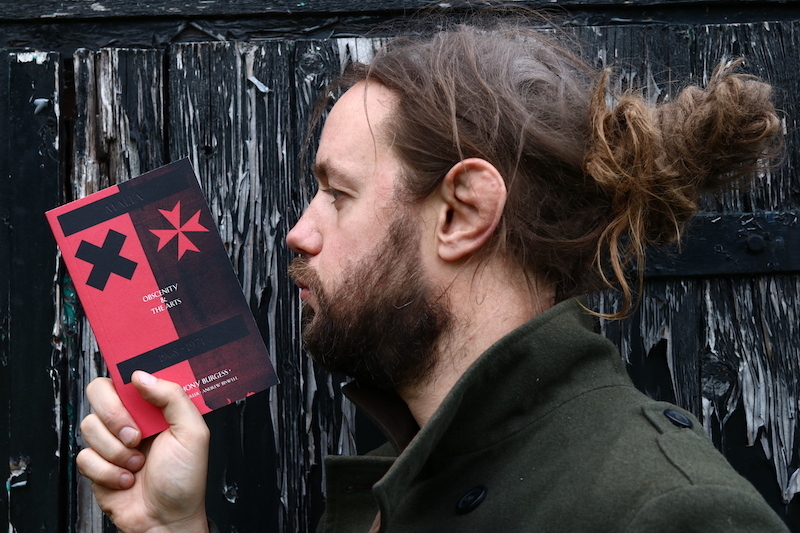
“This is the live literature capital of England,” declared Fat Roland of the popular ‘Bad Language’ night, some time ago. “Not even London has a scene which can compare with what we have here.”
It could be seen just a few weeks back when MLF brought the ‘Penguin Pride’ roadshow to Hulme’s Z-Arts centre for a pre-festival taster session: five LGBTQ authors from one publishing house doing a turn under a spotlight on a theatre-size stage for a giddied-up two-hundred-strong audience.
As young bard Ella Otomewa struck poses and hit her marks, acting out a kind of instapoetry with the aid of a headset microphone, it was natural to reflect on the way the live stuff is changing the art form. Performance poetry is as old as bones, of course, with a proud history in this city. But is literature still something you read in books, hereabouts, or something you see in a licensed venue on a night out?
Hopefully both, of course. But where there’s an appetite for the night out it’s the job of the festival to pull in the marquee names. MLF programming tends to follow a formula which seems at once slipper-shod and at the same time commendably groundbreaking: popular Radio-4-type names at the top of the bill; a contingent from the local scene (albeit often the writing schools) in support; with a strong showing for women, minorities, rising stars and writers-in-translation ushered in as a counterpoint to the more familiar faces.
And so it is this year, as Carol Ann Duffy marks the last year of her laureateship previewing her forthcoming collection Sincerity; Tony Walsh premieres his first major work since shushing the world in the aftermath of the bomb; the ever-popular Kate Atkinson is in town to discusses her new MI5-themed novel Transcription; while there’s snuggles elsewhere from the likes of Jo Brand, Graham Norton and Alan Johnson.
It’s beneath the headliners, though, that the more interesting fare can be found. Sarah Perry’s postmodern gothic Melmoth is the novel of the moment; she’ll be in town to both read and discuss a work which has been hailed as “one of the great literary achievements of our young century.” Rochdale’s Beth Underdown has been commissioned to write a set of brand new ghost stories in response to the success of The Witchfinder’s Sister; Mohammed Hanif’s absurdist tales have drawn comparisons to Salman Rushdie, and the New York Times columnist will be on hand to discuss new middle east war satire, Red Birds. Let’s hope no one ends up in hiding with this one.
Even if the whole festival was Manchester writers there’d still be those who were disappointed...
“We’re starting to include more discussion and non-fiction events, relating to ideas as well as imaginative writing,” explains festival co-director Cathy Bolton, who’s had to negotiate the loss of a corporate sponsor this year. No doubt the Hay Festival’s ‘Woodstock of the mind’ formula is difficult to entirely resist in terms of drawing in audiences eager to feel part of the action. But at MLF HQ horizons are firmly set on expanding the commitment to new work.
“Ideally, we’d like to have more commissions and develop our international collaborations,” says Cathy. “More original events that will premiere at the festival and which can then be taken elsewhere. We’re looking to develop links with other organisations, other festivals across the world.” That’s the UNESCO thing on the lip of the horizon.
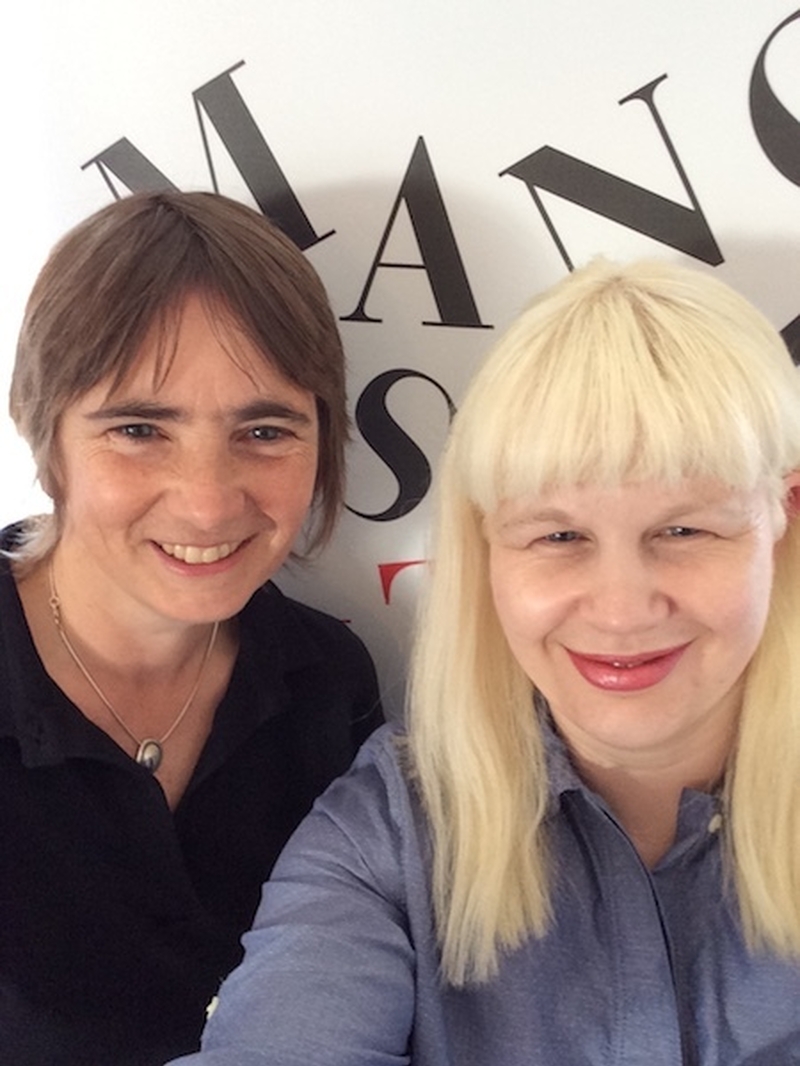
It’s been quite a year for literature in the city. Book of the summer may have been Dave Haslam’s memoir Sonic Youth Slept on my Floor, the story of a fanzine writer, as opposed to a DJ, made good, and a testament to the independent mindset which re-made the city.
But beyond the mainstream there’s been a mini-renaissance in working class writing epitomised by Neil Campbell’s Brexitland novella, Zero Hours; international success for Jennifer Nansubuga Makumbi’s Ugandan epic Kintu; national newspaper coverage for Simon Rennie’s bid to unearth the poetry of the 1860s cotton famine; plus such diverse enterprises as The Bad Press’s rediscovery of Mancunian WW1 poet James Lyons, and Pariah Press’s exquisite publication of Anthony Burgess’s famous lecture on Obscenity and the Arts.
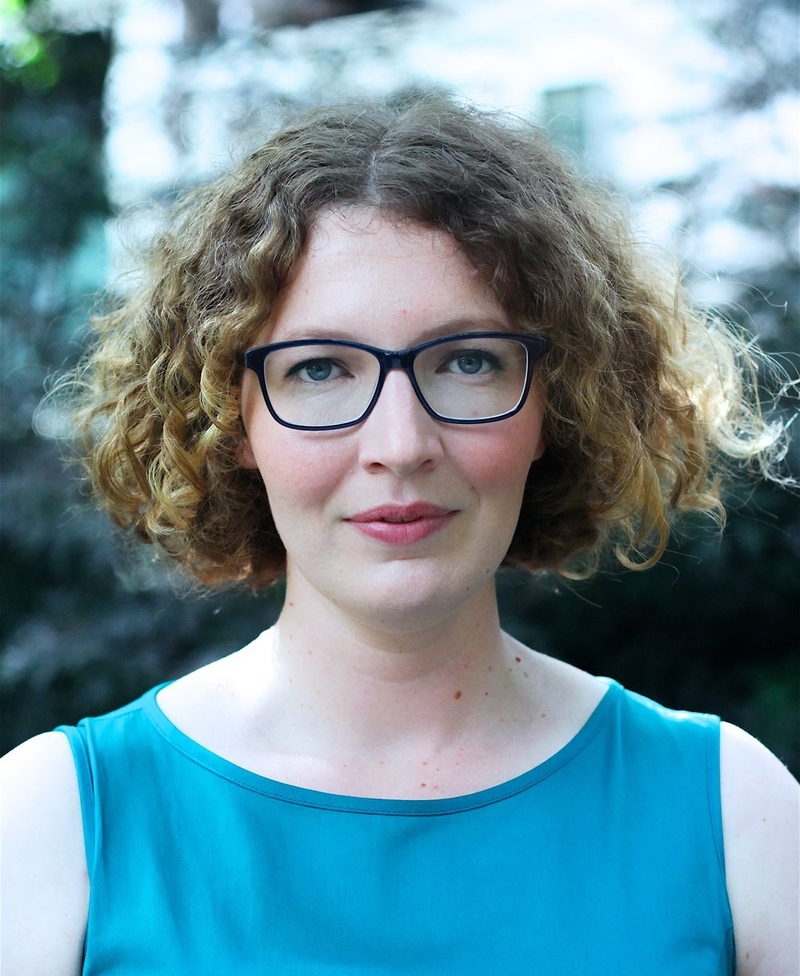
Next year, the festival and its friends will sit down to establish a body for determining the direction of this ‘UNESCO City of Literature’ of ours. That will take place amidst an explosion in local initiatives from all sectors of the scene. There seems to be something new each passing week: the Poetry Library which the universities are planning for Oxford Road; the libraries festival in the pipeline for next summer.
Given all this activity, great and small, would there be room for a festival fringe to more richly accommodate the rise of the independent sector in the city?
“I think there’s always going to be that complaint that we don’t feature enough Manchester writers,” says Cathy. “Even if the whole festival was Manchester writers there’d still be those who were disappointed that they weren’t included. The thing about a fringe is that somebody else organizes it. If somebody wants to do that then we wouldn’t be against it, not at all.”
Confidential’s picks of the fest:
Adam Roberts: Anthony Burgess and the Black Prince (IABF, 12 Oct) How do you write an Anthony Burgess novel? That maybe one of the most interesting questions attached to a writer whom some consider a genius and others a hack. Roberts spent eighteen months immersed in Burgess’s creative world in the attempt to create a medieval thriller in the style of the great Manc. Find out how he got on.
An Evening With Tony Walsh (The Dancehouse, 17 Oct) Having spoken up on behalf of the city when tragedy struck last year the man they call Longfella has established a unique place in the hearts of Mancunians. Walsh will be reading from brand new collection Work Life Balance - assuming he’s finished it, that is, as with celestial irony he was still sweating over it when we asked for an interview last week, publication date having slipped by like a stepchild’s birthday.
A Celebration of Ted Hughes (Central Library, 21 Oct) Zaffar Kunial finds poetry in the vowel sounds and broken English which has defined his experience of mixed heritage. Andrew McMillan mines the paradoxes of sexuality he finds encoded in the body. They’re just two of five poets who will be responding to one of British poetry’s most divisive reputations.




